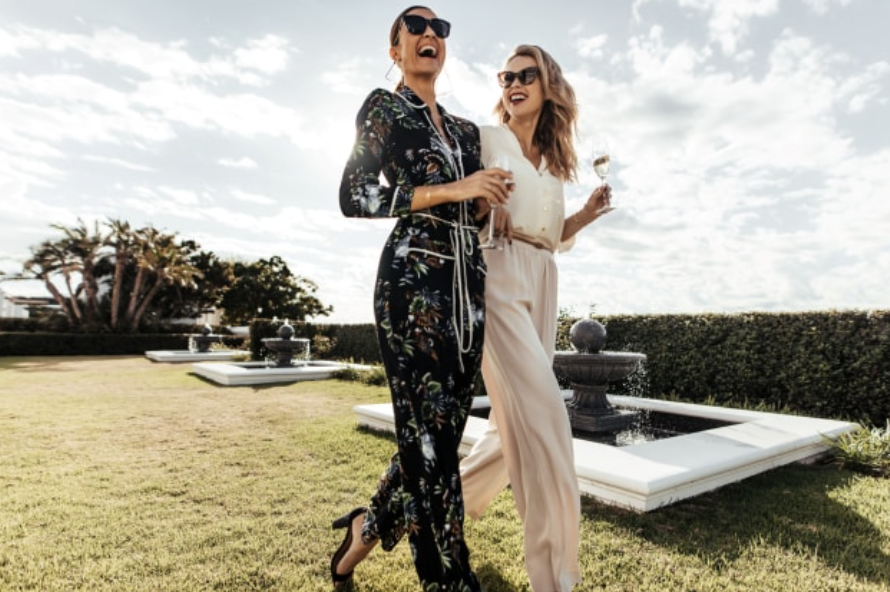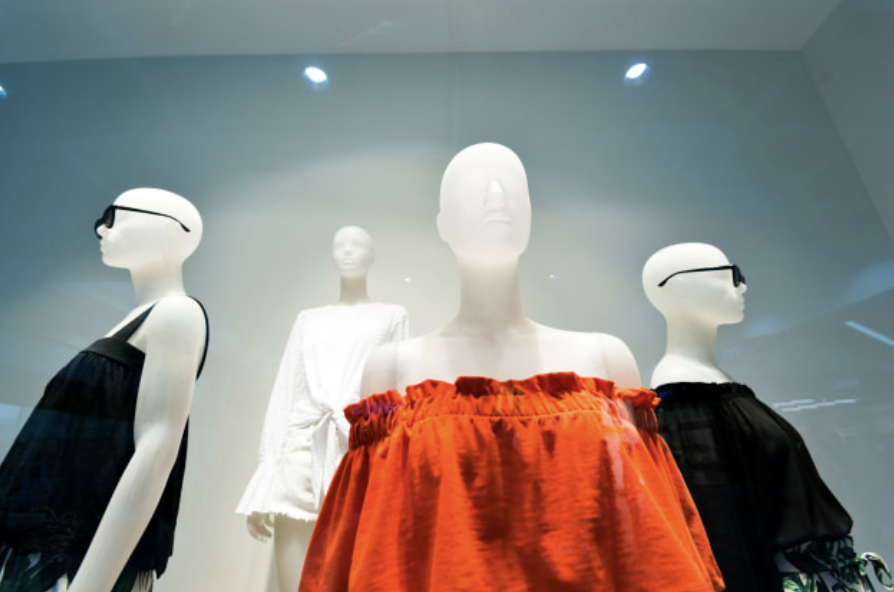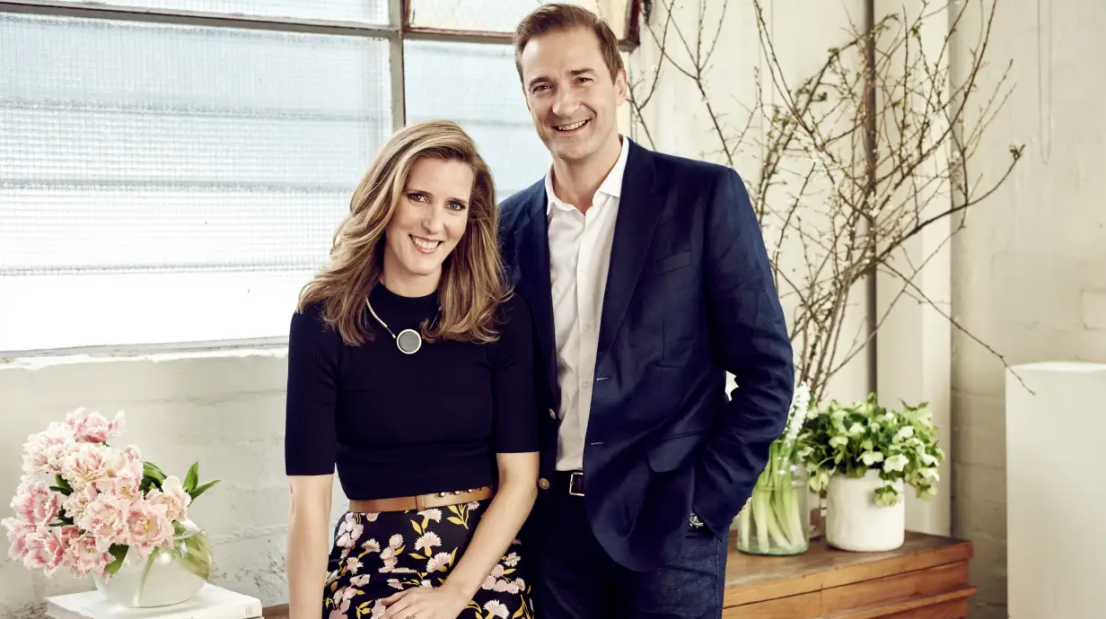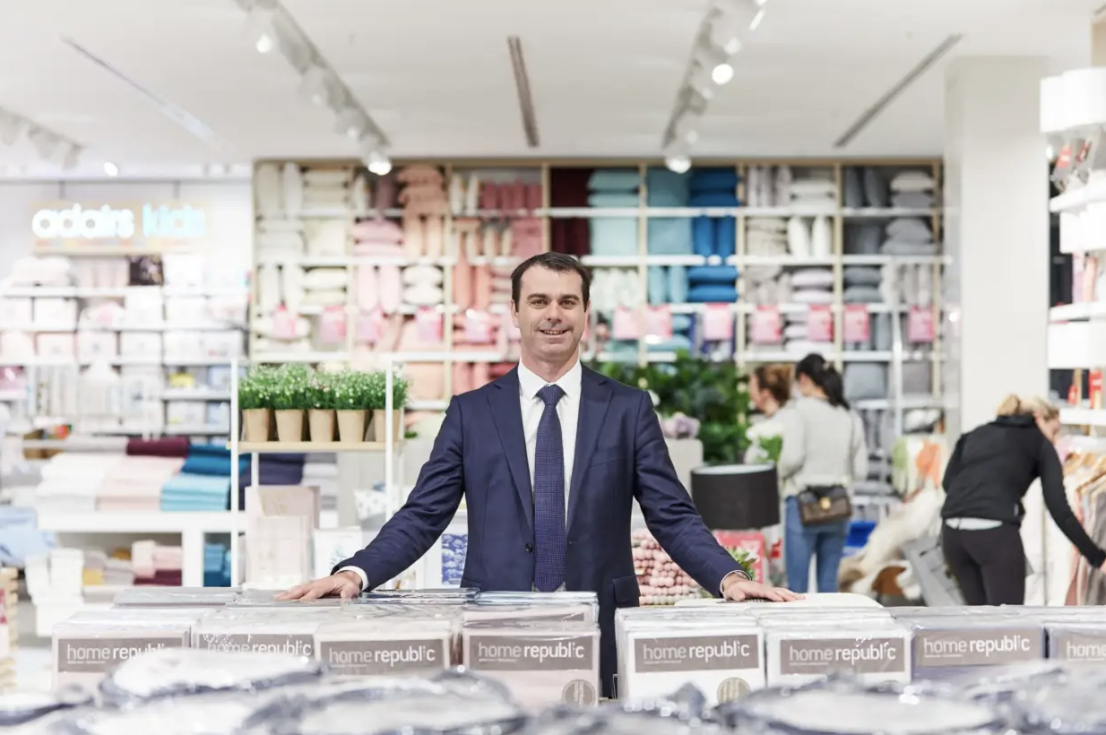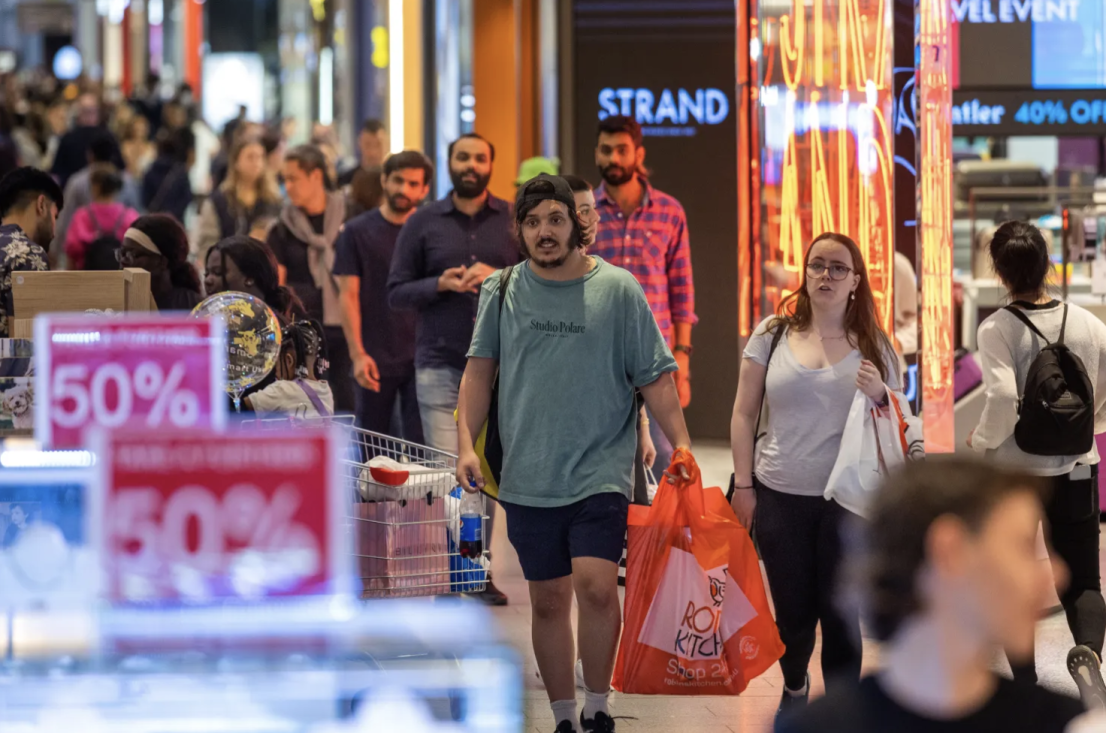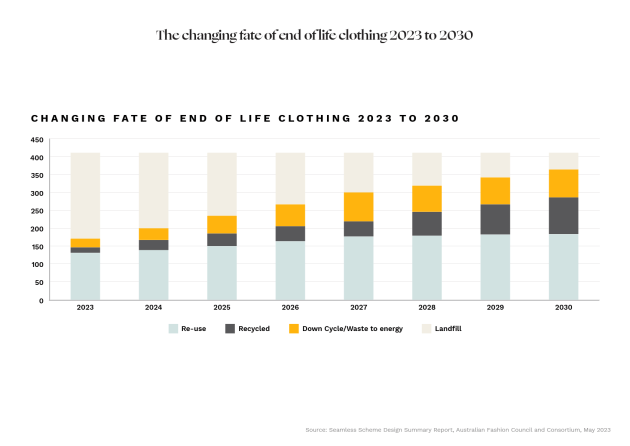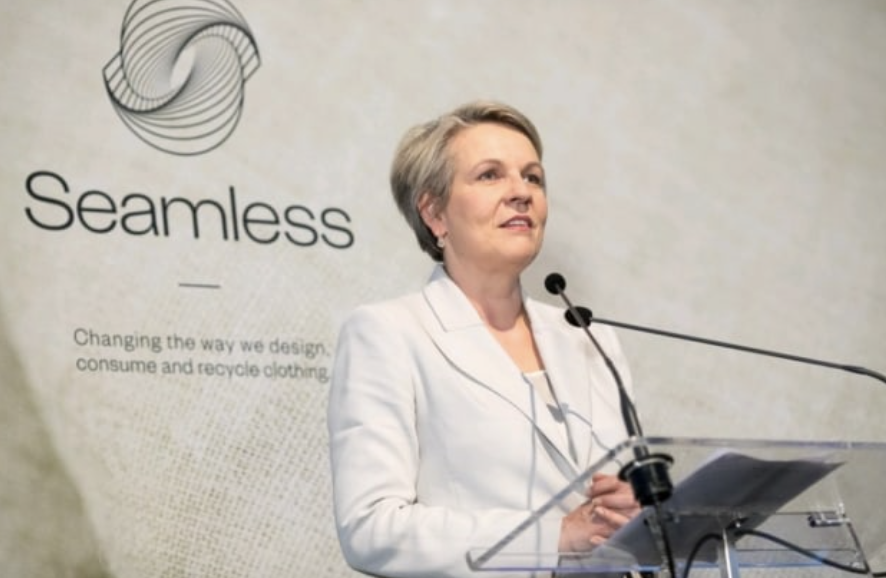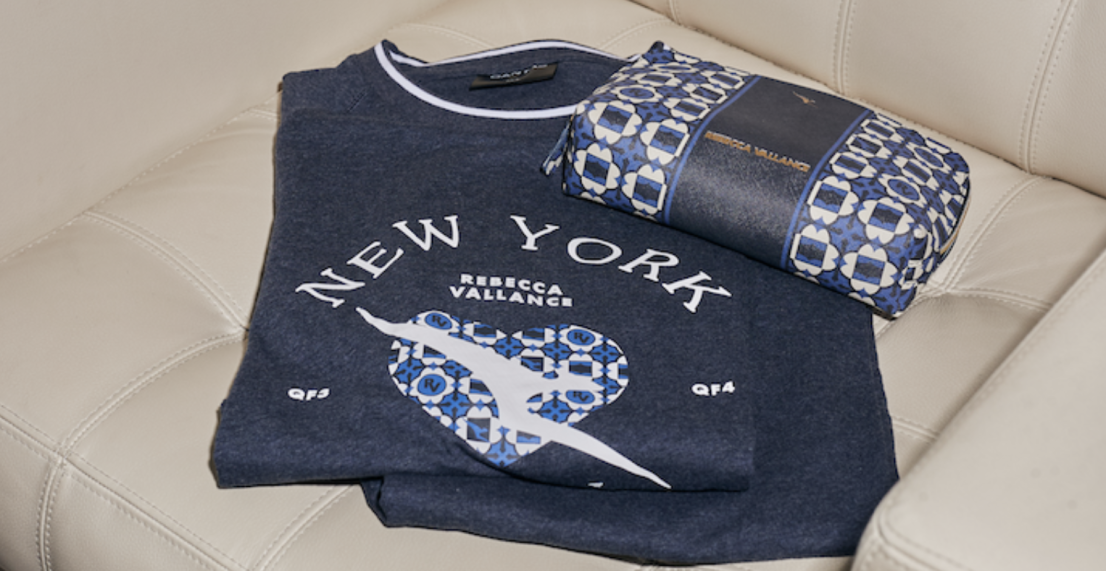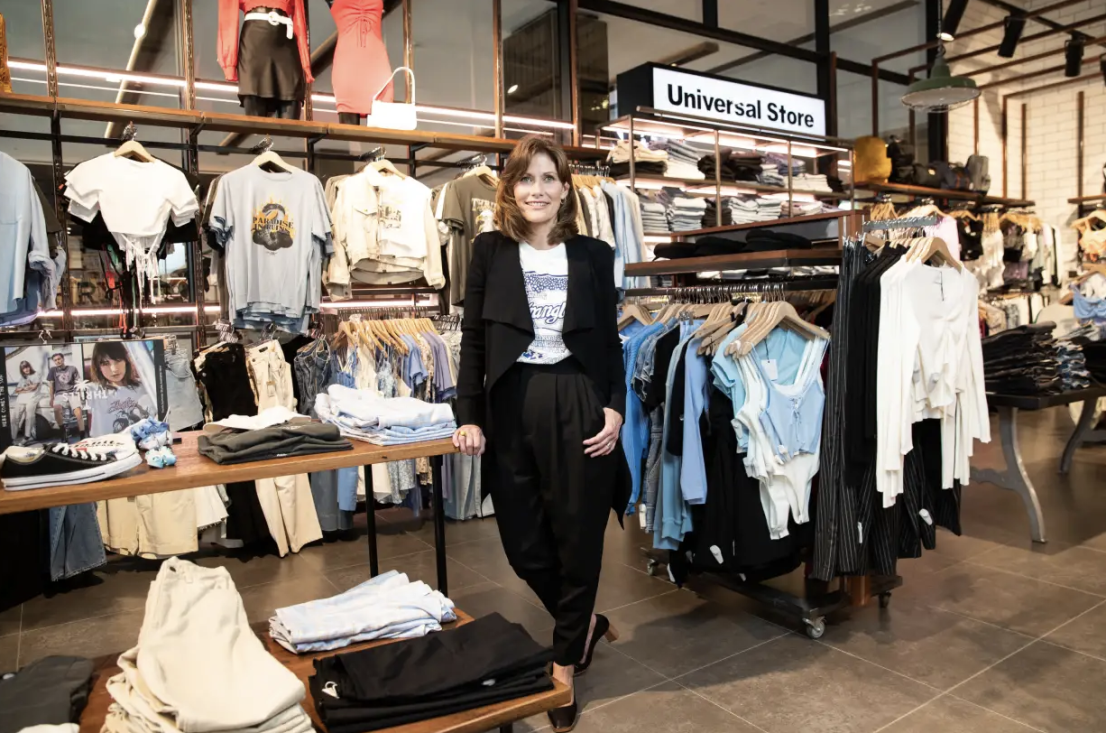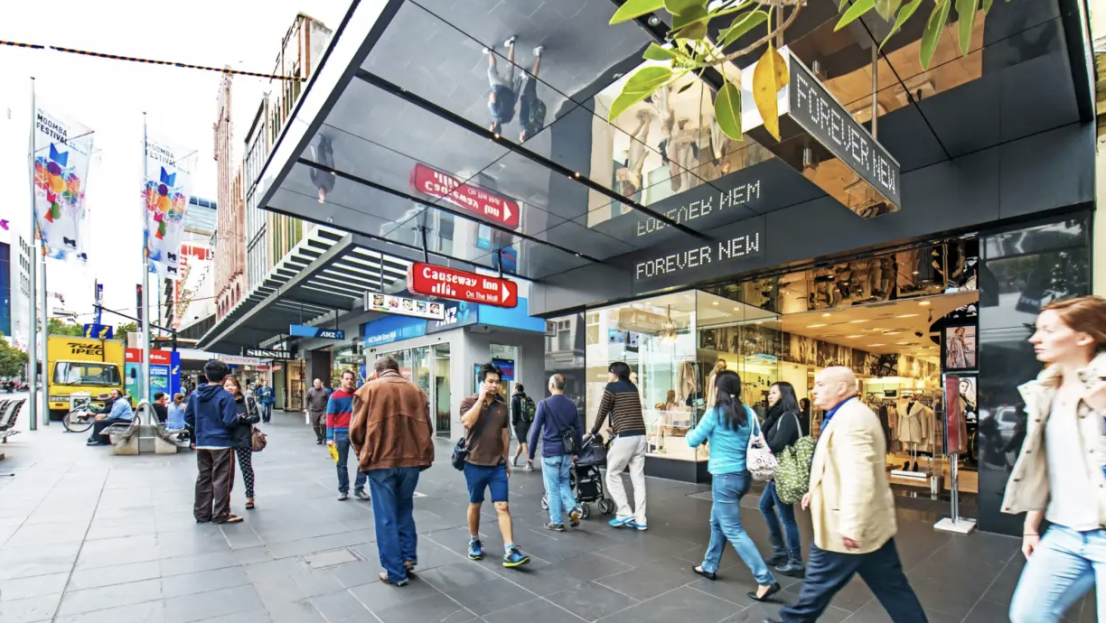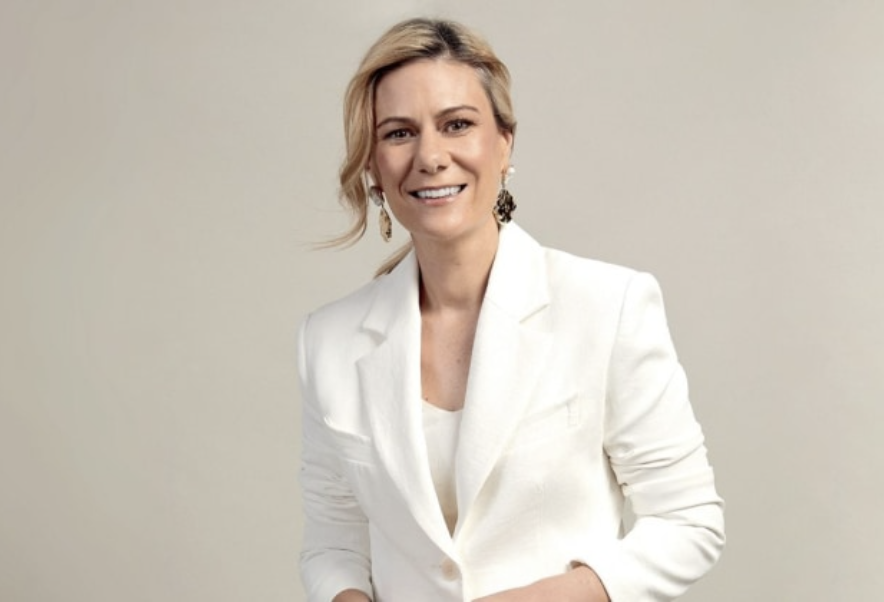
Best & Less Group (BLG) and its new majority shareholder BB Retail Capital (BBRC) have appointed Ray Itaoui as the permanent CEO.
Itaoui is the former owner of Sanity alongside its founder Brett Blundy, with both owning capital market firm BBRC.
Consequently, the recently proposed CEO appointment of Erica Berchtold, who currently leads The Iconic, will no longer go ahead. Berchtold was expected to start as CEO of BLG on September 4.
Itaoui has operated and invested in Australian and global retail businesses for over 20 years, including Sanity, Bras N Things, Honey Birdette, Mr Vitamins, MakeUp Cartel and Universal Store.
He also served as the Chairman of Sanity, Bras N Things, Honey Birdette, Mr Vitamins and as an independent non-executive director of ASX-listed Aventus Group.
“I am excited to lead BLG and committed to taking the decisive action necessary to position the company for the current challenging trading conditions,” Itaoui said.
“I believe strongly in BLG’s potential to extend our leadership position in the value segment, leveraging our unique offer, privileged relationship with our customers, and the capability of BBRC.”
Itaoui was initially appointed as interim CEO of the company after it passed the main hurdle of BBRC's takeover process. The now former BLG directors associated with Bignor and Allegro - now former majority shareholders - resigned from their positions, with Jason Murray resigning from his position as Executive Chair.
BBRC now holds a voting power of approximately 71.54% in the company as of June 21, with existing minority shareholders still able to sell off their shares until June 30 next week.
In a recent update, BLG downgraded its net profit expectations to $3.6-$4.2 million, significantly down from its $18-20 million prediction earlier this year. .
Chair of the BLG Independent Board Committee Stephen Heath told shareholders that this decrease in net profit will have an adverse impact on the quantum of any final dividend for FY23.
“In light of the deterioration in BLG’s trading performance, as well as the likely reduced trading liquidity of BLG shares given the Bidder's increased Voting Power as a result of acceptances received under the Offer, the BLG Independent Board Committee (comprising of Stephen Heath, Melinda Snowden and Colleen Callander) (IBC) believes that the BLG share price may fall materially following the close of the Offer.
“Accordingly, the IBC recommends that those shareholders who have a shorter-term horizon for their investment in BLG or who have concerns about their future ability to exit their holdings should 'accept now'.
“Shareholders who have a longer-term investment horizon and are comfortable in remaining a minority shareholder in BLG may consider ‘taking no action’.”
IBC encouraged existing shareholders to read the risks of remaining a minority shareholder outlined in BLG’s Original Target’s Statement last month.
In a statement released today (June 22), BLG said if BBRC’s voting power exceeds 75% of total shares on issue, “it may be able to delist the company from ASX following the fulfilment of certain requirements set by the ASX.”
As of its 2022 annual report, BLG operate 182 Best & Less stores across Australia. The Group also owns New Zealand value apparel brand Postie, which operates 61 stores across NZ.
The company's revenue for FY22 was $622.2 million.




